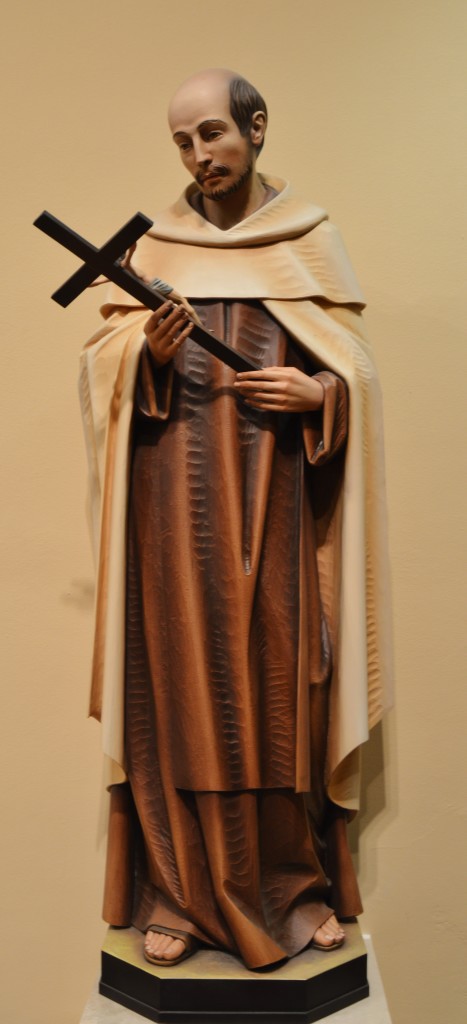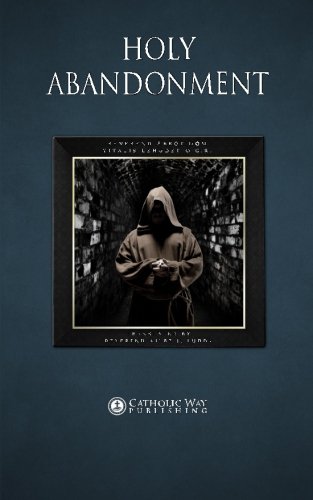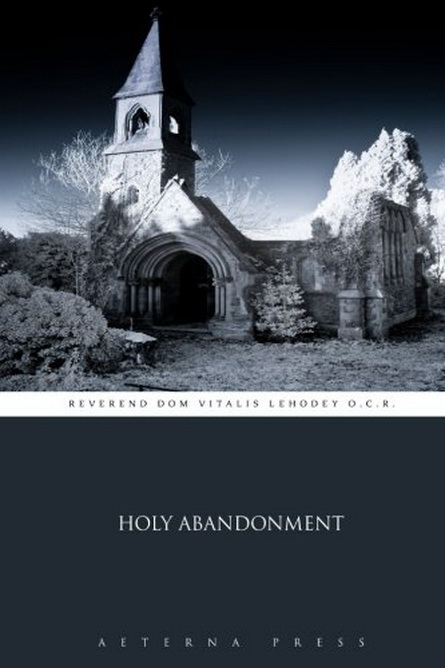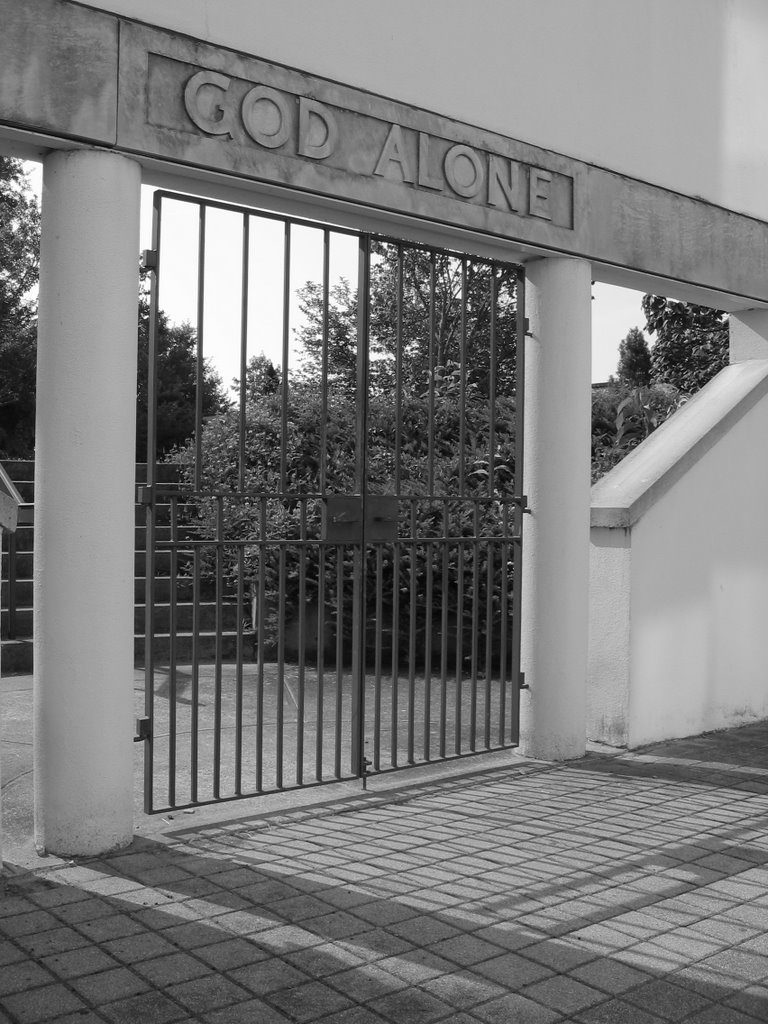
St John of the Cross. Euclid, Ohio.
According to this holy doctor (St John of the Cross}, a single irregular appetite, even in a venial matter…an imperfect desire of the will, no matter how trifling— . one single human desire, to which the soul is inordinately attached, is enough to prevent her from being raised to divine union. “It is sad to see certain souls, richly freighted with merits and good works, who, because they have not the courage to break with certain tastes, attachments, or affections, never reach the haven of divine union, although God gave them strength to burst the bonds of pride and sensuality, and of many other vices and gross vanities, so that they are no longer held but by a single thread. There is, likewise, reason to deplore the ignorance of some, who, neglecting to mortify their real passions, think they can dispose themselves for divine union by indiscreetly undertaking a number of penances and other extraordinary practices; these are simply on the wrong road.
This is the teaching of a great saint and eminent mystic. If it is felt to be somewhat severe, at least every one must agree with him that the passions “fatigue, torment, darken, defile and weaken the soul. It is of the highest importance to discipline them, if we would advance in virtue and in prayer; “the greater or less purity of the soul determines the degree of illumination and union of which it is capable.” The best, surest and most meritorious means to pacify the soul is to strive always, not after that which is most easy, but after that which is most difficult; not after that which is most pleasant, but after that which is most unpleasant; not after what is more agreeable, but after what is less agreeable; not after what is more consoling, but after what is afflicting,”
It is not enough to purify the conscience, it must be pacified. “Remorse. when excessive, produces in the soul restlessness, depression, discouragement and weakness, which render it unfit for any good exercise. It is the same with regard to scruples, for a similar reason; these are thorns which prick the conscience, agitate it, and deprive it of tranquility, repose in God and the enjoyment of true peace.”
Let us, then, watch over the purity of our soul, without being too concentrated upon ourselves. Exaggerated examinations, minute inquiries, scruples, continual fears narrow the heart, hinder it from dilating with love, and are a great obstacle to divine union. –Abbot Vitalis Lehodey ‘Holy Abandonment’ quoting extensively from St John of the Cross







Recent Comments